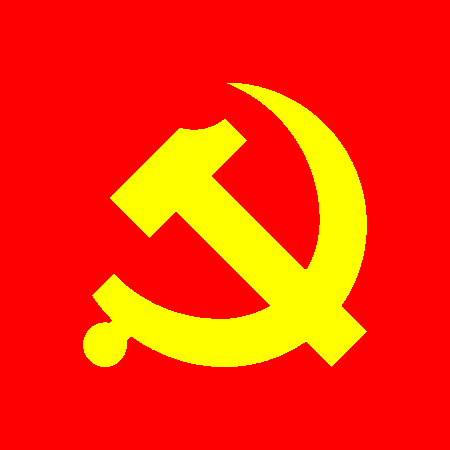cross-posted from: https://lemmy.dbzer0.com/post/34730043
For instance I know some lawyers and insurance CEOs who built the company themselves and run an ethical business model but because of innovation have made a ton of money. One lawyer has made a name for himself only defending those who have been hurt my big corporations and their life is ruined. The other made an insurance model that helps these hurt people invest their court winnings into annuities to guarantee they’re financially taken care of for life. These are not billionaires but both companies have won for their clients/work with hundreds of millions if not billions.
How can one clearly define someone like Musk or Bezos as bourgeois whereas these hard working individuals who came from nothing and build a huge business actually from nothing and help people?
Hoping for a non-black and white answer. My local MLM group declares everyone evil who isn’t their exact ideology. It doesn’t make sense to apply this thinking when someone whose become rich through helping people isn’t the same as someone whose has taken advantage of people for generations.
Edit: getting downvoted to hell when I am asking a question sure isn’t welcoming.


Sometimes the two wikis even agree:
https://en.wikipedia.org/wiki/Proletariat
https://en.prolewiki.org/wiki/Proletariat
Where they came from couldn’t be less relevant.
Got it, thank you Davel